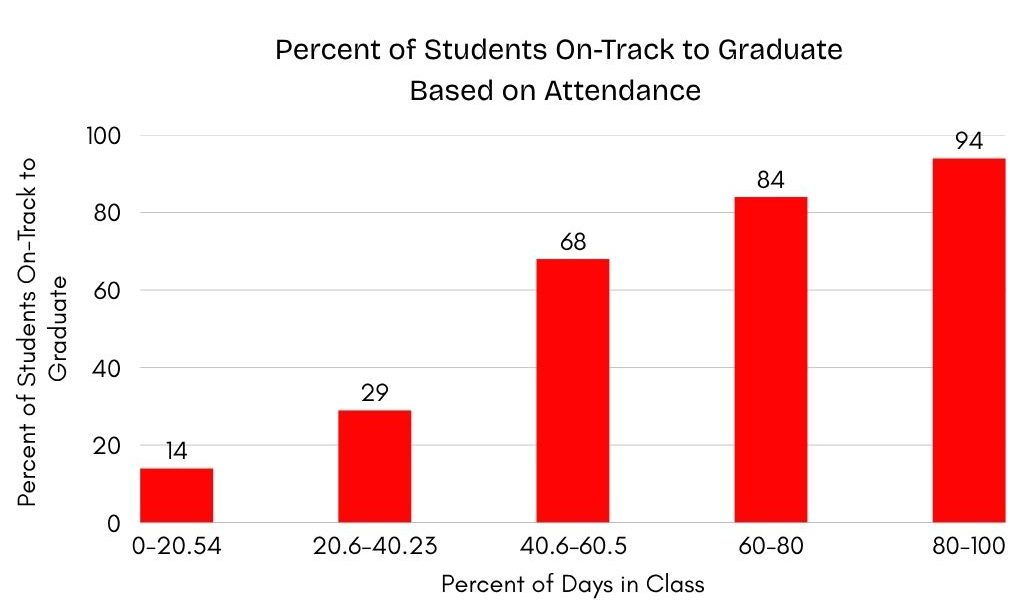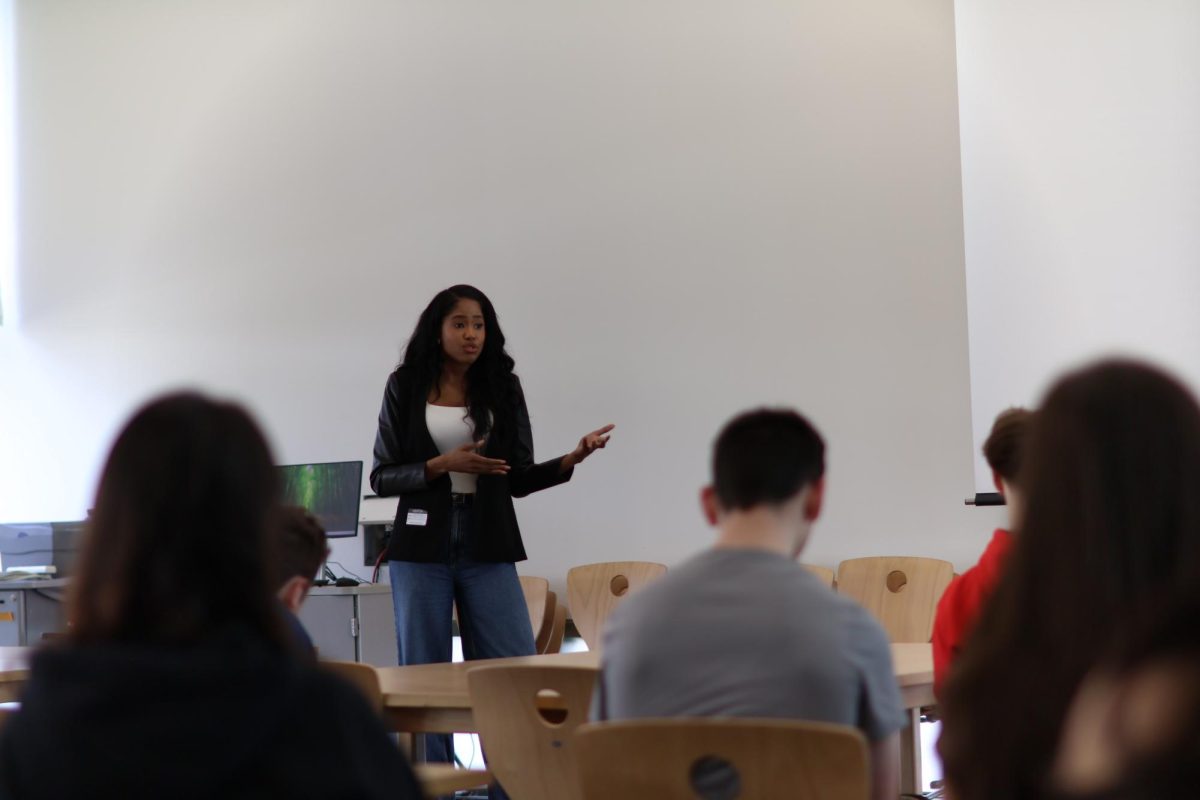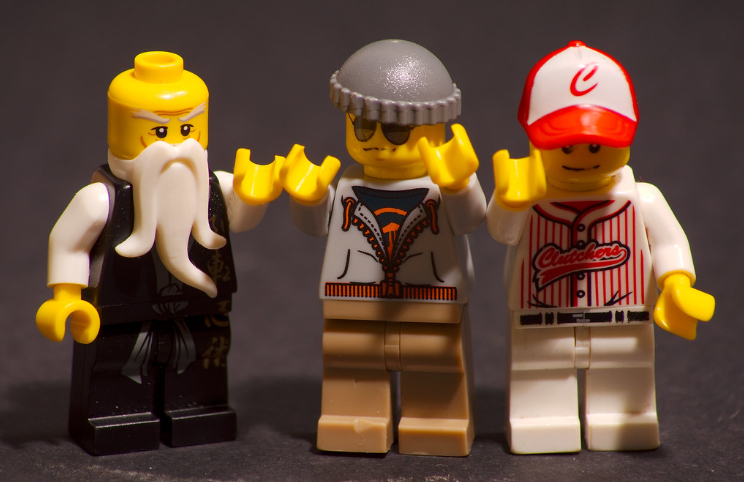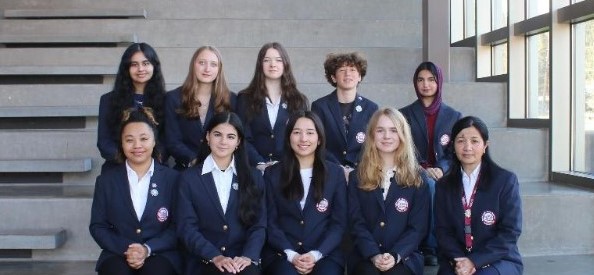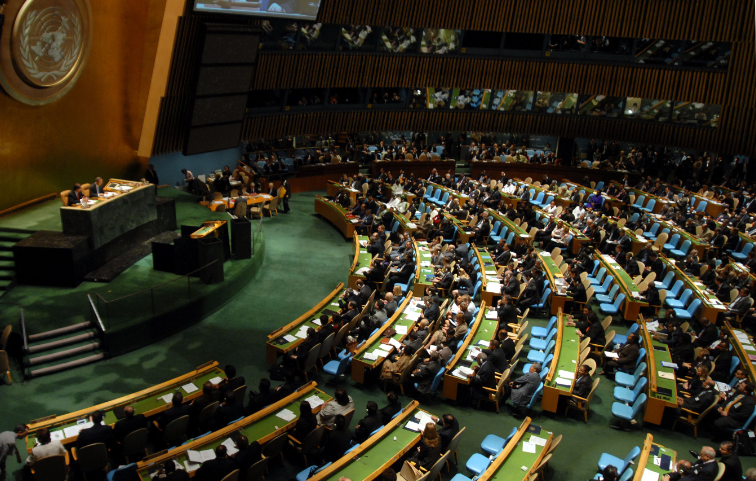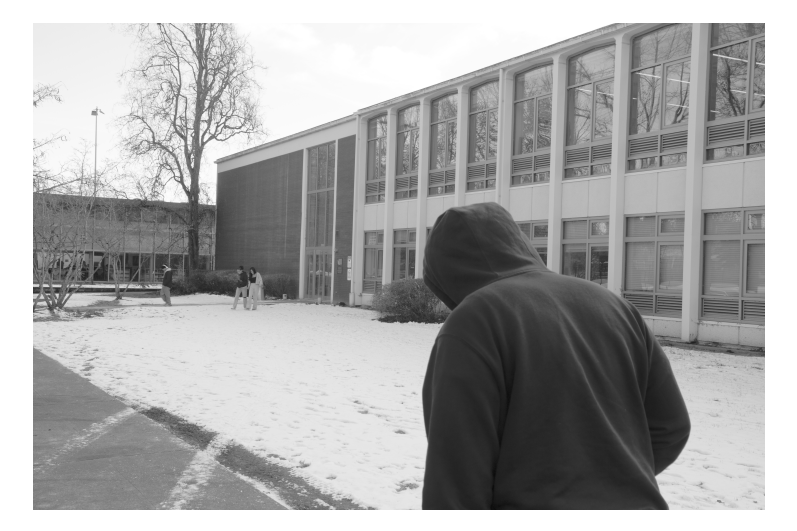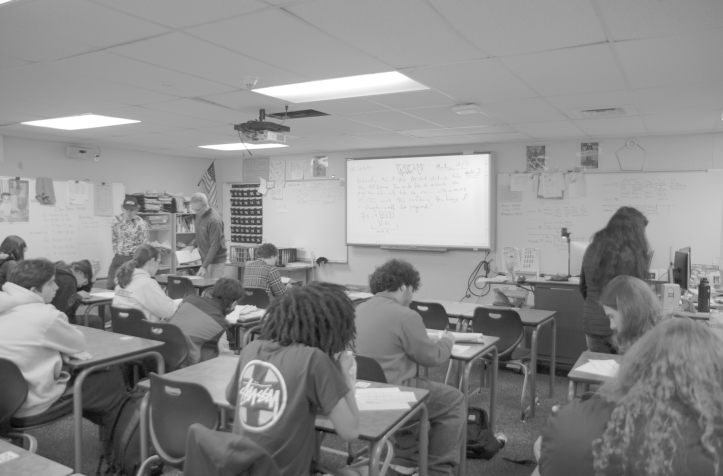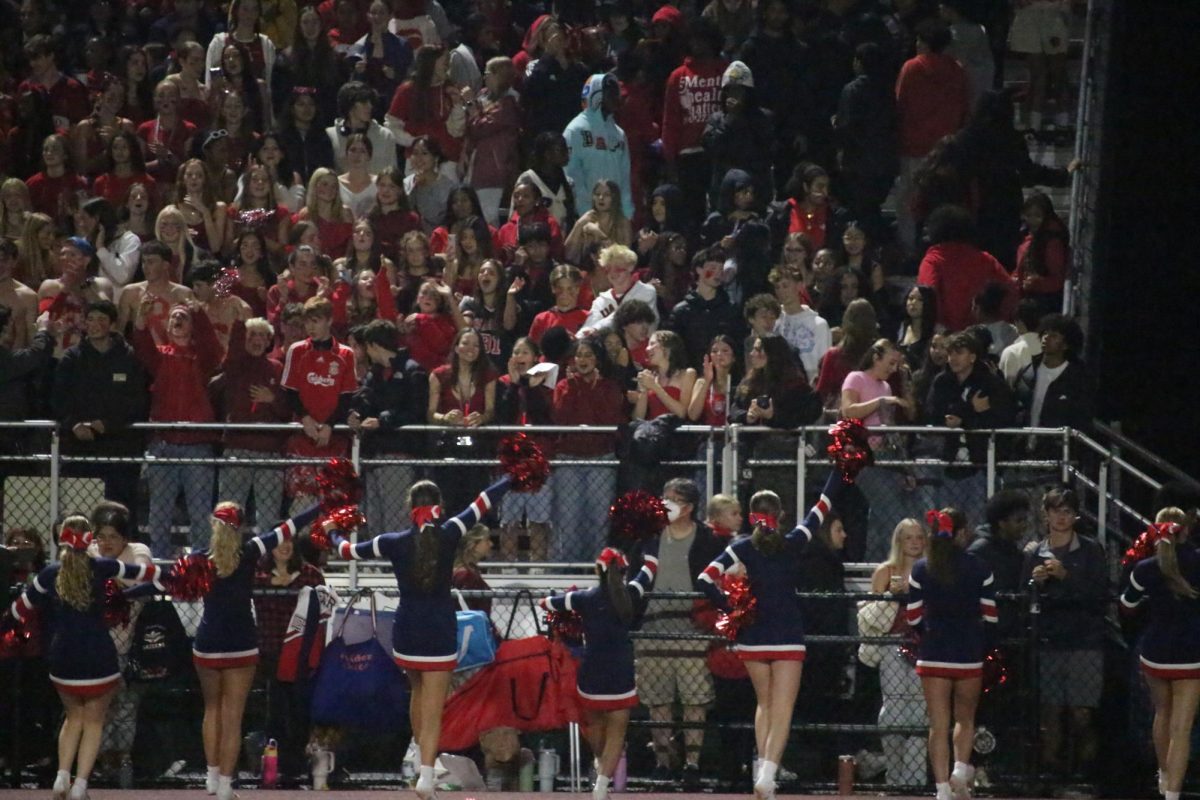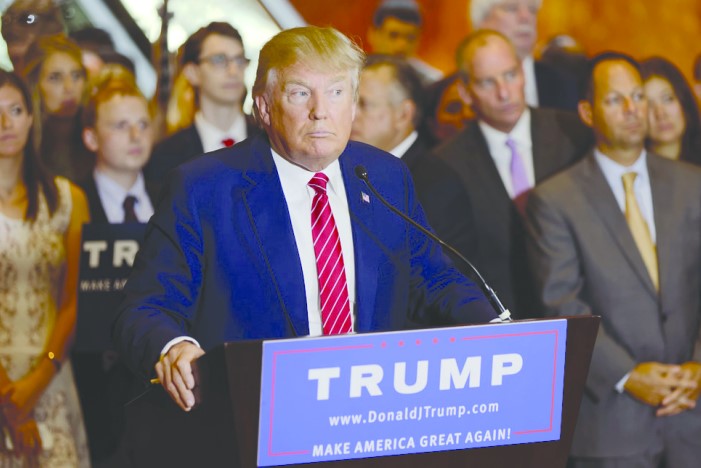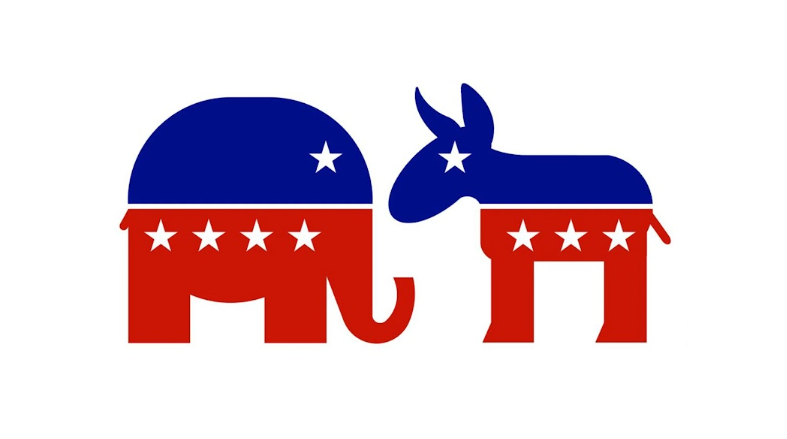Since 1994, Clallam County has represented an accurate party vote in the past 10 presidential elections, blue and red alike. That streak was broken after the votes were counted and the Associated Press declared Donald Trump’s position as president-elect.
A diverse wave of feelings shrouded our country following the official win of the Trump Vance campaign, but in our Hale community, a common sense of dread over the result filled the hallways.
“I almost felt this overwhelming disappointment and somewhat despair,” Nathan Hale junior Sofi Metz said.
Conflict over his win was already brewing controversy the day of inauguration. During the inaugural oath, swearing into office with a hand over the Bible is a pledge the president-elect can choose to do as a symbolic promise to their people, as President Trump did this term. Although familiar with this tradition from his last inauguration in 2016, President Trump failed to place his hand on the Bible, raising concerns.
“If Kamala didn’t put her hand on the Bible, people would be screaming she’s an anti-Christ,” Bothell High School junior Amie Batsukh said.
The conversation of hypocrisy has been coming from both sides of the aisle since the beginning of this election cycle.
Across social media platforms and news outlets, the clash of candidate morality has been especially polarized. The basis of an election relies on these differing perspectives, but unjustified reasoning for moral bias has enhanced the disappointment of our youth.
“If Kamala was a convicted felon, they would be criticizing her credibility and qualifications,” Batsukh said.
Within 24 hours of being sworn into office, President Trump already began acting on project 2025, an initiative aiming to reverse the effects of left wing agenda and allot power away from progressives: signing 20 executive orders regarding global relations and economic affairs, attempts to tighten immigration policies, and climate related regressions. This included withdrawing from the Paris agreement, a climate initiative with an objective of managing global surface temperatures and creating concentrated efforts amongst nations to combat the effects of climate change.
Along with economically focused orders, his actions have impeded on past efforts of protection in a wide range of political areas such as abolishing worker protection acts Biden’s directives had implemented, as well as eliminating pending wildlife protections, and other environmental efforts to cut down on carbon emissions. Civil rights have also been completely twisted by Trump’s effort’s, terminating the 60-year old anti-discrimination executive order requirement for contractors and government agencies, repealing protection against workplace bias towards minorities.
Amidst all his change, diverse areas of concern have been expressed by students, nervous for the future.
“I’m mostly concerned about gun safety, predominantly in schools,” said Nathan Hale sophomore Kayla Roos. “Also national security, as well as personal security.”
Along with his continuous executive orders, he recently pardoned over 1,500 of the convicted rioters from the January 6th storming of the Capitol during the certification of Joe Biden’s presidential election, “We shouldn’t have let this happen,” Metz said.
Amongst all the changes in law, a prominent concern amongst the student population lies in Trump’s effect on immigration.
“I don’t think people realize that immigrants are the backbone of this country,” said Batsukh, “They’re also what makes America so amazing.”
One of the most infamous efforts by the Trump campaign in 2016 was the push for redesigning immigration laws to be more limiting. In this new term, it’s resumed, halting refugee arrival and prioritizing the construction of the wall at the southern border.
His new policies don’t only apply to undocumented immigration, but protrude into the validity of all immigrants. He’s begun to redefine the 14th amendment, and question the legitimacy of birthright citizenship, aiming to create more tightness in terms of what it means to be a citizen,
“With his restrictions on refugees seeking asylum and stability in America, it alters what America has always been known for,” Batsukh said.
The future of Trump’s policies are hazy and unpredictable, and the effect they will have on the American people is unclear to an overwhelming majority of high schoolers in the greater Seattle area. In the midst of this uncertain time, the unforeseen future of Trump’s leadership reiterates a question of what American is supposed to mean:
“True America means ‘land of the free’, Mass deportation of families and hardworking people is not freedom,” said Batsukh, “Especially when families are getting separated in the process.”
